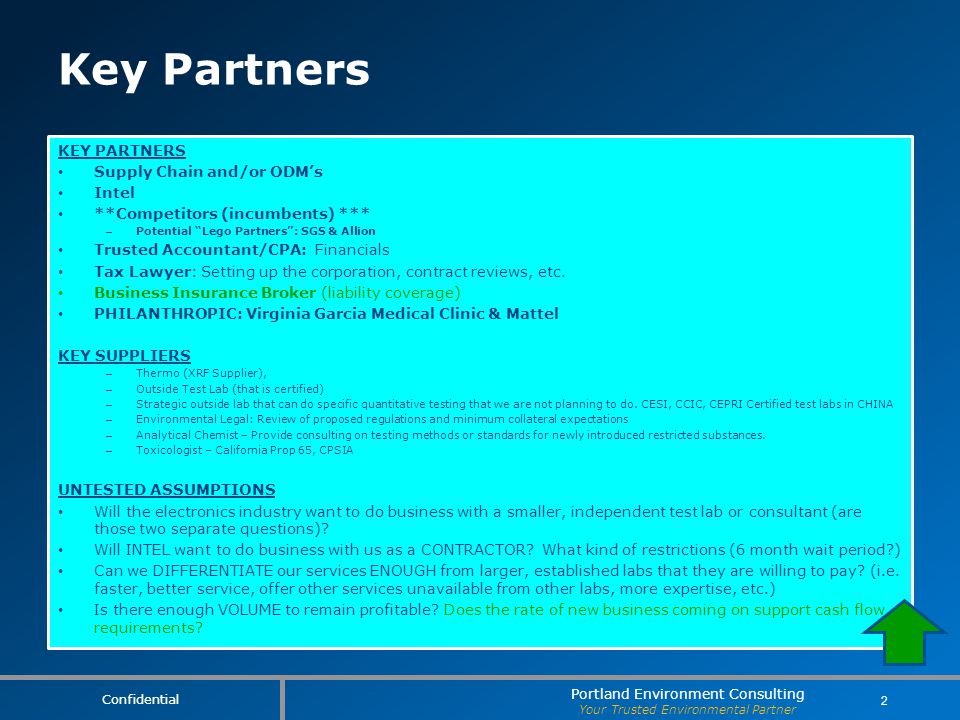
You have many options if you're interested to become a system engineer. Whether you want to work on a software product or develop applications for other industries, there's a career that will suit your needs. This profession requires you to think about education, job requirements, and working environment.
Workday for a system software engineering engineer
A system software engineer at Workday supports thousands of servers, networking devices, and other infrastructure across the globe. This position requires strong analytical skills and the ability to validate the delivery of desired functionality. Strong communication skills will also be required as the software engineer for system systems will interact with numerous business users and technical groups.
As a systems programmer, you develop programs that support computer networks and other operating systems. It is important to have a solid knowledge of information technology. You should also be able to perform software requirements analysis and adapt to new technical environments. You are usually able to work remotely and will not have to work in a specific timeframe, which is unlike other IT jobs. You can also expect a decent salary, and other perks.

Education Required
If you are interested in working as a system software engineer, you will need an education that will prepare you for the challenges that you will face. An education in computer science and engineering will help. This field will also benefit your career. A continuing education program will allow you to enhance your skills and build your portfolio. According to the Bureau of Labor Statistics, there are currently 385,200 computer systems software engineers working in the United States. The Bureau of Labor Statistics predicts that this number will grow by 22 per cent by 2030, which would mean an additional 409,000.
You will work as a systems programmer to create software that is used by other departments within an organization. In addition, you will research, design, install, and operate computer systems. The role of a systems engineer can be in any number or areas, including security and gaming. Also, you will need to know the needs and design software solutions that meet them. You should also be proficient in programming languages like C++, Java, and Python.
Duties of the job
Systems software engineers have many responsibilities and duties. Oftentimes, they are the point of contact between the hardware and software teams. They are responsible for developing specifications and performance requirements for existing and new systems. They also work closely with clients and departments to ensure that each project is a success. System software engineers work with statistics and data to find the optimal configuration of hardware systems and software. Other responsibilities include collaborating with managers and other staff members to solve technical problems and implementing systems validation processes. Aside from communicating key project data to managers and stakeholders they need to be able develop team cohesion.
Senior software engineers are responsible to manage computer networks and software development teams. These engineers are responsible for solving complex problems in applications, supervising IT personnel and integrating new technologies. Senior software engineers are responsible for overseeing the software development team. This requires them to be skilled in different programming languages and have strong organizational skills. They also need to have a bachelor’s degree in a relevant subject, such computer science, information technology or computer engineering.

Environment for work
System software engineers work in an office environment. They write code and run software programs to test it. He or she often works in collaboration with other computer programmers and engineers. They can work together to develop large-scale computer systems or as individuals to create smaller programs. They can work long hours, sometimes up to 40 hours per week.
This job requires a bachelor's degree, and typically requires knowledge of computer systems and technologies. Systems software engineers usually major in computer science, or software engineering. Graduate degrees are available for those looking for a higher-level position.
FAQ
What is the cost of hiring a consultant?
There are many factors that go into the cost of hiring a consultant. These are:
-
Project size
-
Time frame
-
Scope of employment
-
Fees
-
Deliverables
-
Other considerations like experience level, geographical location, etc.
Can anyone be a consultant?
A consultant is someone who can help you reach your goal by providing advice on ways to make things better, more cost-effective, etc.
You may need a consultant to help you with problems, make decisions or negotiate with others.
Consultants are often hired for specific projects or tasks.
Actually, most consultants get paid hourly and daily rates, rather than per-project.
Why would a company hire a consultant?
A consultant offers expert advice on improving your business performance. Consultants are not there to help you sell products.
A consultant is a person who helps companies make better choices by providing sound analysis, and making recommendations for improvement.
Consultants often work closely alongside senior management teams to help understand what they need to succeed.
They also provide leadership training and coaching to ensure employees develop the skills necessary to perform at peak levels.
They may advise businesses on reducing costs, streamlining processes, and increasing efficiency.
Do I need legal counsel?
Yes! Yes. Consultants can often create contracts with clients, without seeking legal advice. This can lead into problems down-the-road. What happens if the client cancels the agreement prior to the consultant's completion? Or, what happens if the consultant doesn't meet the deadlines set forth in the contract?
To avoid any potential problems, it is best to consult a lawyer.
What qualifications does a consultant need?
Not only is it important to have an MBA but you should also have business consulting experience. You must have at least two years' experience working in consulting and/or training within a large company.
It is essential that you have experience working closely with senior management on strategic development projects. This will require you to be comfortable sharing your ideas with clients and getting their buy-in.
A professional qualification exam, such as the Certified Management Consultant (CMC), of the Chartered Management Institute (CMI), is also required.
What happens when the consultant finishes his job?
After the consultant has completed the work, they will submit a final document detailing the results. This report details the project timeline, deliverables, as well any other pertinent information.
After that, you'll go through the report and decide if it meets your expectations. If the report does not meet your expectations, you have two options: to request changes or to terminate the contract.
Statistics
- 67% of consultants start their consulting businesses after quitting their jobs, while 33% start while they're still at their jobs. (consultingsuccess.com)
- According to IBISWorld, revenues in the consulting industry will exceed $261 billion in 2020. (nerdwallet.com)
- According to statistics from the ONS, the UK has around 300,000 consultants, of which around 63,000 professionals work as management consultants. (consultancy.uk)
- Over 62% of consultants were dissatisfied with their former jobs before starting their consulting business. (consultingsuccess.com)
- So, if you help your clients increase their sales by 33%, then use a word like “revolution” instead of “increase.” (consultingsuccess.com)
External Links
How To
What is a typical day for a consultant?
Depending on what type of work you do, your typical day may vary. You will be spending time researching, planning new ideas, meeting with clients, and creating reports.
Meetings are a common way to discuss problems and issues with clients. These meetings can be held over the telephone, online or face-to face.
You may also be asked to prepare proposals, which are documents outlining your ideas and plans for clients. These proposals should be discussed with a mentor or colleague before being presented to clients.
After all the preparation and planning, it's time to actually create some content. You could write articles, design websites, edit photos or conduct interviews.
Depending on your project's scope, it may be necessary to do research to get relevant statistics. You might need to determine how many customers you have, and whether they buy more than one product.
Once you have enough information, it is time to present your findings and conclusions to clients. You can either present your findings in writing or orally.
After the initial consultation, it is important to follow up with clients. You can call clients to ask how they are doing or send emails asking for confirmation that your proposal was received.
This is a long process that can take some time. However, it is crucial to stay focused and to maintain good relationships.